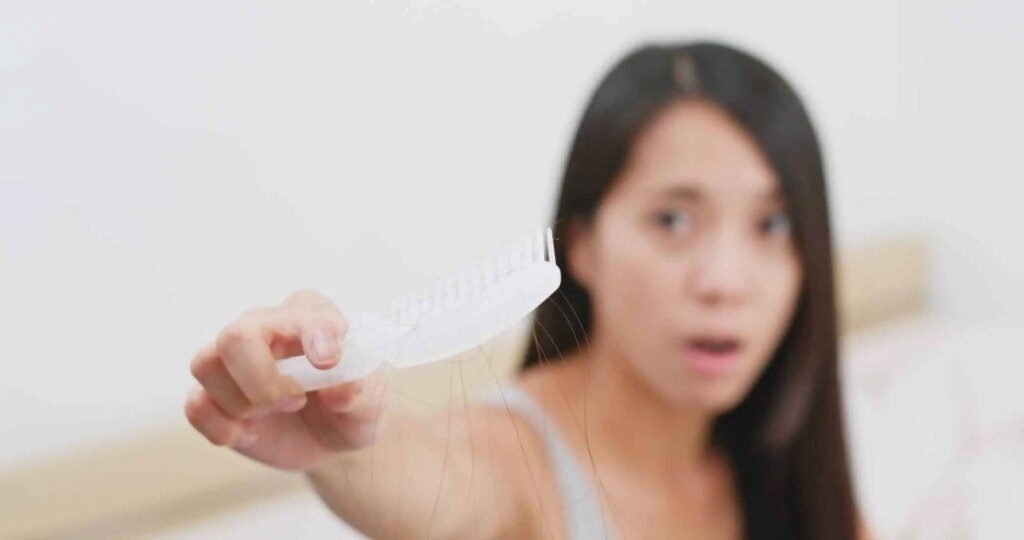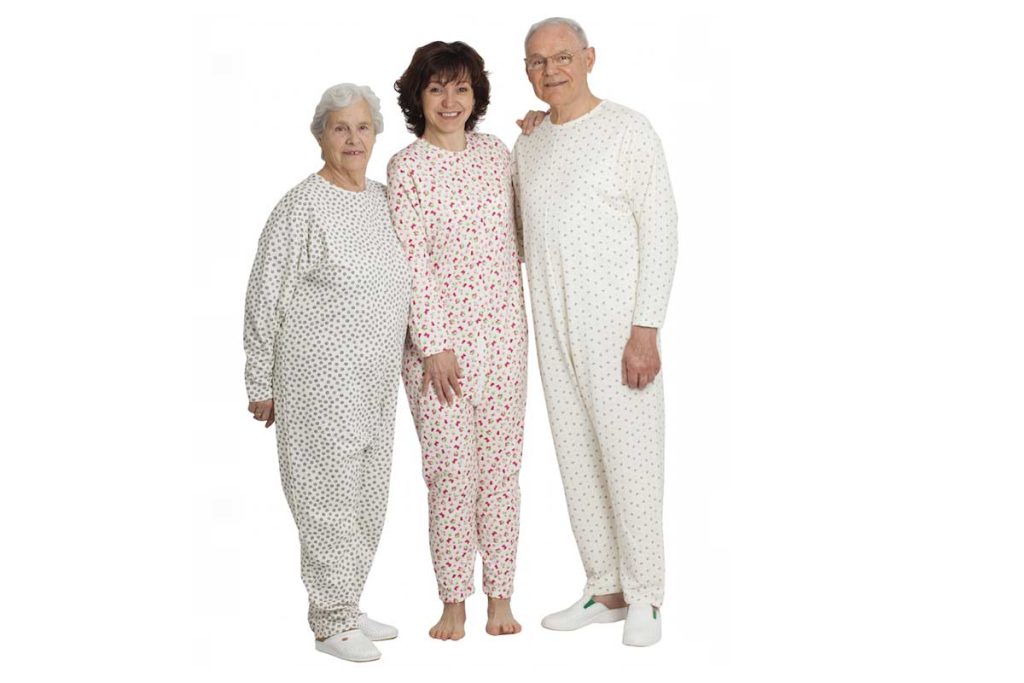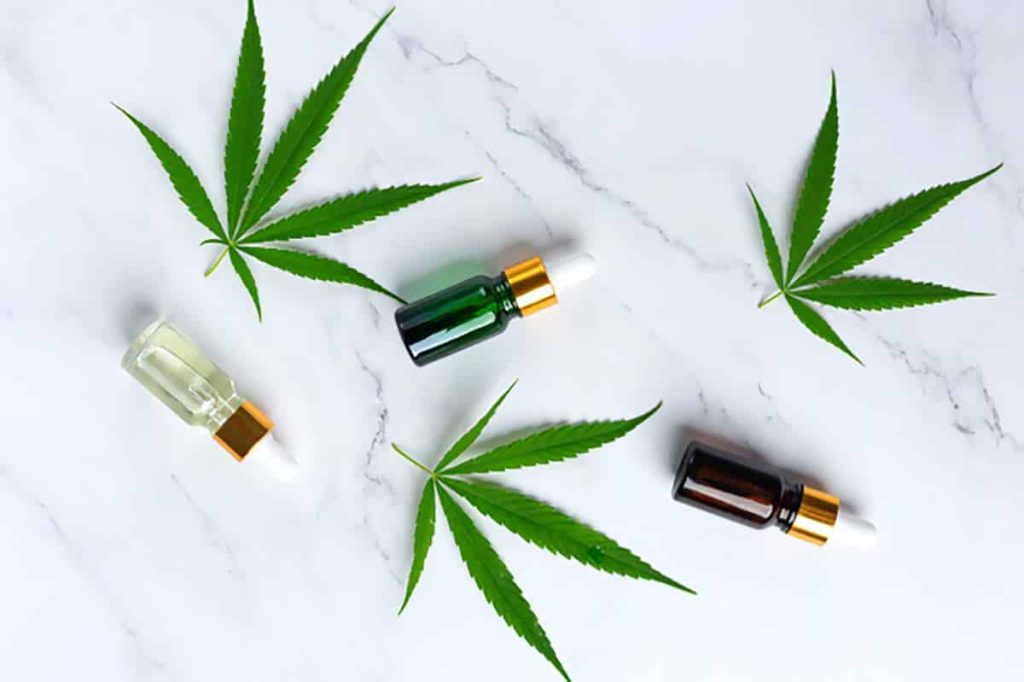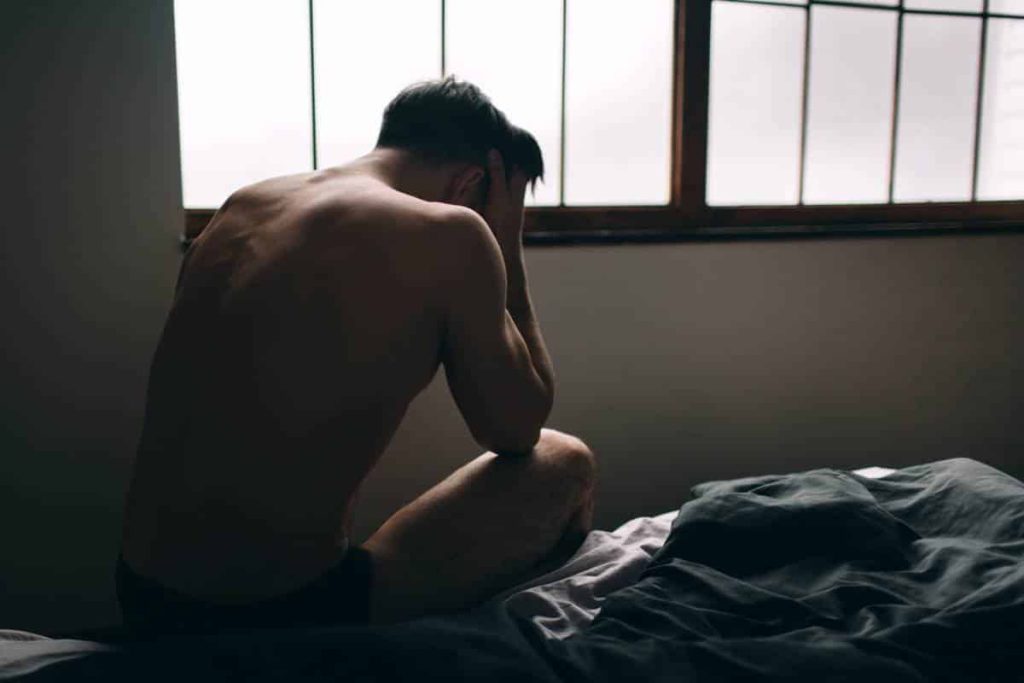Alopecia, also called hair loss, is a common problem that affects men and women of all ages. Like white hair, this condition can be caused by many factors such as heredity, stress, hormones, malnutrition or certain diseases. Fortunately, there are several solutions to combat the phenomenon. Here is an overview of different methods of treating alopecia.
Summary
Professional hair treatments
If you suffer from advanced alopecia, resorting to a professional solution appears to be essential. Indeed, at this stage of the disease, basic care is generally ineffective. On the other hand, you will find several fairly reliable alternatives in a hair medicine center.
Laser treatments, for example, can stimulate hair growth by increasing blood flow to the scalp. This method is painless and can be done in just a few sessions. The results are seen after a few weeks. Another option is the injection of corticosteroids. This technique is specifically intended for the fight against alopecia areata; a form of the disease caused by inflammation of the immune system.
In the most serious cases, a hair transplant will be needed to combat alopecia. This intervention consists of removing hair follicles from a donor area of the scalp and implanting them in the balding area. Surgery is expensive and requires a recovery period of a few weeks, but it remains the last resort. Whatever treatment you are considering, contact your doctor for any useful precautions.

Hair care products
Hair care products are an easy and accessible way to strengthen hair and prevent hair loss. Shampoos and lotions in particular contain beneficial ingredients for hair growth such as caffeine, zinc and copper. However, these products must be used with some regularity to obtain optimal results. Also, you must combine them with a healthy lifestyle, that is, a balanced diet and sufficient rest.
Also, be aware that not all products are created equal. Find the formula that best suits your hair type and individual needs.. Do some research to select what will bring you satisfaction.
Food supplements
In addition to hair care products, dietary supplements can help in the preventive treatment of hair loss. These consumables often consist of vitamins, minerals and amino acids essential for scalp health. Biotin, iron, zinc, copper and vitamins A, C and E are particularly important for maintaining strong and healthy hair.
Daily hair care
Finally, daily hair care remains useful to prevent alopecia. Avoid pulling your hair too tight as this can damage hair follicles and lead to hair loss. Also avoid harsh hair products, such as color and perms. These items cause inflammation that weakens the scalp. By using gentle products and following a healthy hair care routine, you can maintain strong, healthy hair.




